SUMMARY
This is AI generated summarization, which may have errors. For context, always refer to the full article.
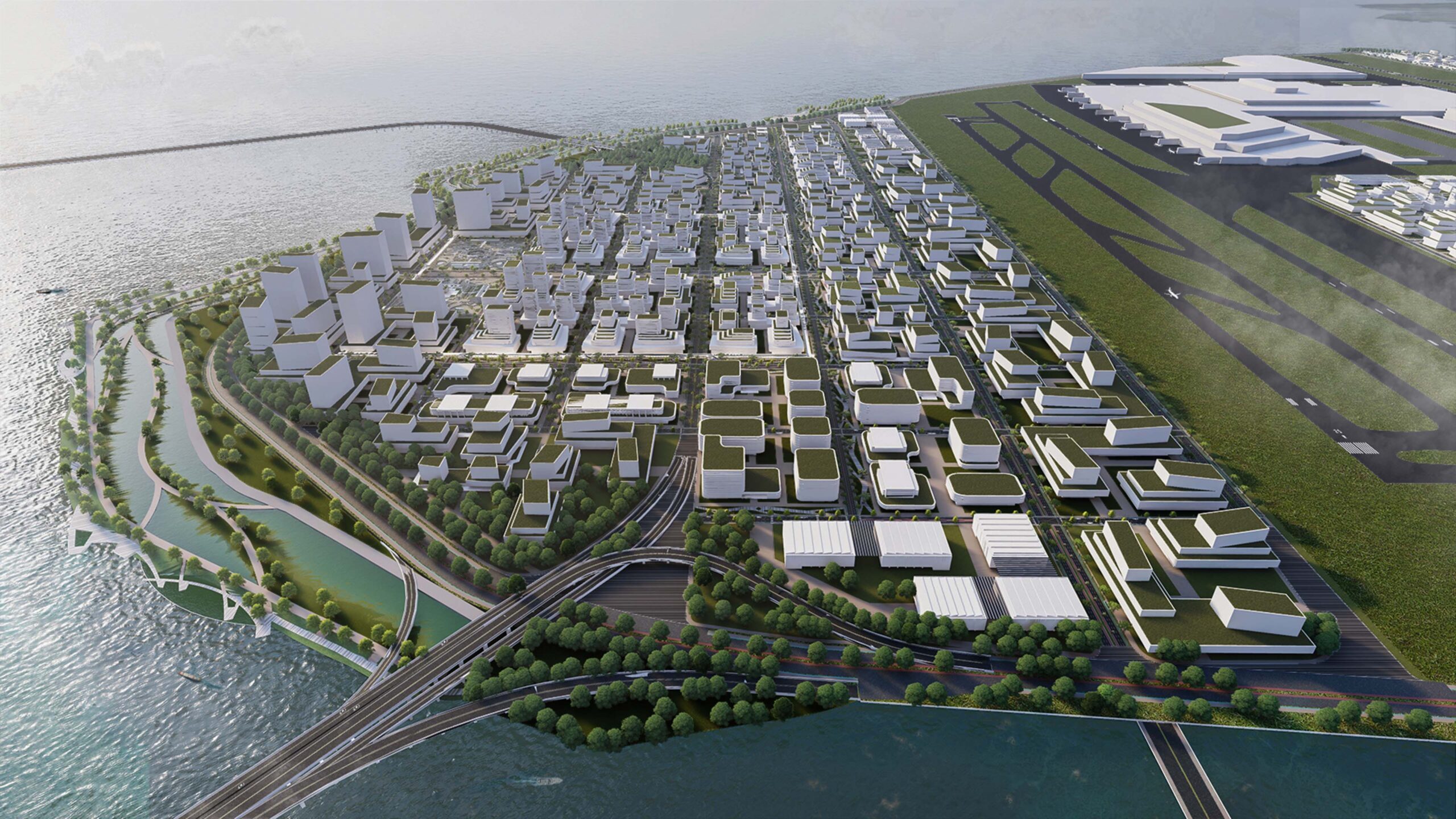
MANILA, Philippines – In his first full day in office, President Ferdinand Marcos Jr. vetoed the bill creating the Bulacan Airport City Special Economic Zone and Freeport.
“At the foreground, fiscal prudence must be exercised particularly when resources are scarce and needs are abundant,” Marcos said in his veto message to the Senate President dated Friday, July 1, in relation to thumbing down House Bill (HB) No. 7575 or the Bulacan Airport City Special Economic Zone and Freeport Act.
“While this administration recognizes the objective of the proposed measure to accelerate economic growth in its locality, I cannot support the bill considering the provisions that pose fiscal risks to the country and its infringement on or conflict with other agencies’ mandates and authorities,” he added.
Marcos said the proposed measure would “significantly narrow the tax base with its mandated incentives applicable to registered enterprises.”
He cited Republic Act No. 11534 or the Corporate Recovery and Tax Incentives for Enterprises (CREATE) Act which already provides tax incentives to eligible businesses outside economic zones.
Marcos said HB 7575 also “lacks coherence with existing laws, rules, and regulations” and noted that the proposed law has no provisions for an audit by the Commission on Audit, the process for the expropriation of land awarded to agrarian reform beneficiaries, and a master plan that sets the boundaries of the proposed economic zone.
He noted that the bill gives the proposed economic zone authority “rule-making powers relative to environmental protection that is not found in the charter of other economic zones” and also “blanket powers to handle technical airport operations in contravention of existing aeronautical laws.”
Marcos also said that the Bulacan airport city is near the Clark Special Economic Zone in Pampanga, “which is against the government’s policy on creating special economic zones in strategic locations.”
He said the National Economic and Development Authority and the Regional Development Council “assert the need to thoroughly study and assess the costs to ensure that the establishment of the economic zone would be beneficial to the whole country.”

The Constitution allows Congress to override the presidential veto. Two-thirds of the members of each chamber – meaning the Senate and the House voting separately – must vote to override the presidential veto.
The President’s sister, Senator Imee Marcos, as chair of the Senate committee on economic affairs, sponsored HB 7575 in the Senate. In May, 21 senators voted yes to approve HB 7575, with no other legislator opposing or abstaining from the vote. The House approved the measure in September 2020.
Under HB 7575, the Bulacan special economic zone would include the area covering the proposed New Manila International Airport, the Airport City to be constructed beside the airport, and other lands adjacent to Airport City as may be determined later.
Lawmakers who backed the project envisioned it to be a “hub for economic growth and development for North and Central Luzon” and ultimately benefit the entire country. Advocates and environmentalists, however, have strongly opposed the airport project, warning it would displace families and become prone to geohazards.
In May, San Miguel Corporation and its consultant Palafox Associates released the conceptual master plan for their planned “aerocity,” which would follow a build-operate-transfer scheme. This means SMC will be operating the New Manila International Airport there for 50 years before handing it over to the government.
In a statement, Senator Juan Miguel Zubiri said he respects Marcos’ decision as well as the position of the Department of Finance that no new economic zone shall be established.
“However, the CREATE law does not ban the establishment of new economic zones as long as it conforms with the new fiscal and non-fiscal incentives under the CREATE law and as long as it conforms with the strict regulatory powers of the Fiscal Incentives Review Board,” he said.
Zubiri defended the bill, saying they made sure that it conformed with the provisions on the new incentives regime as stated in the CREATE law.
“The veto is unfortunate but it is a presidential prerogative,” he said.
In a statement on Sunday, July 3, Senator Joel Villanueva, who hails from Bulacan, echoed Zubiri and called the decision “unfortunate.” He said he will find ways to refile the bill and even study strengthening the Philippine Economic Zone Authority law. – Rappler.com
Add a comment
How does this make you feel?
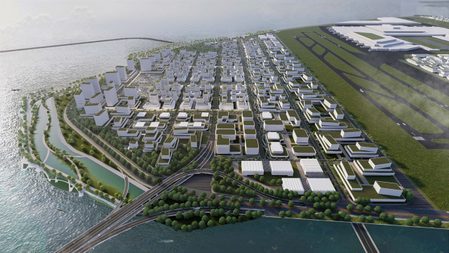
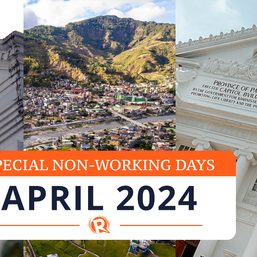
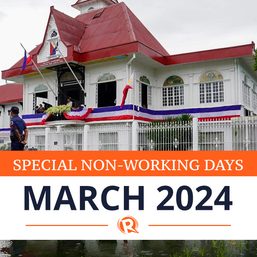
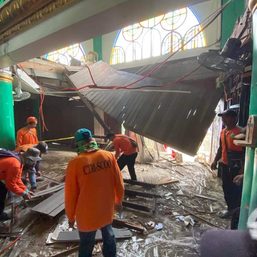
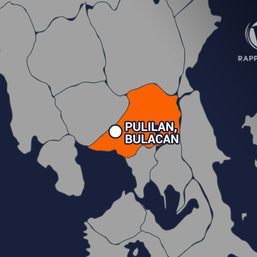
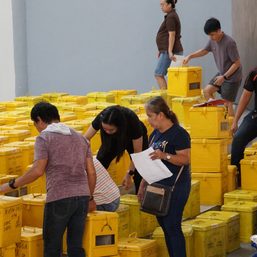
![[OPINION] If it’s Tuesday it must be Belgium – travels make over the Marcos image](https://www.rappler.com/tachyon/2024/04/tl-travel-makeovers-marcos-image.jpg?resize=257%2C257&crop_strategy=attention)


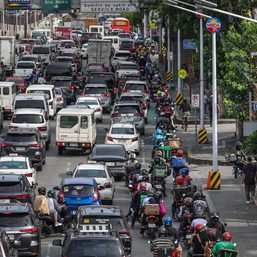
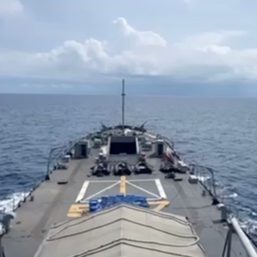
There are no comments yet. Add your comment to start the conversation.